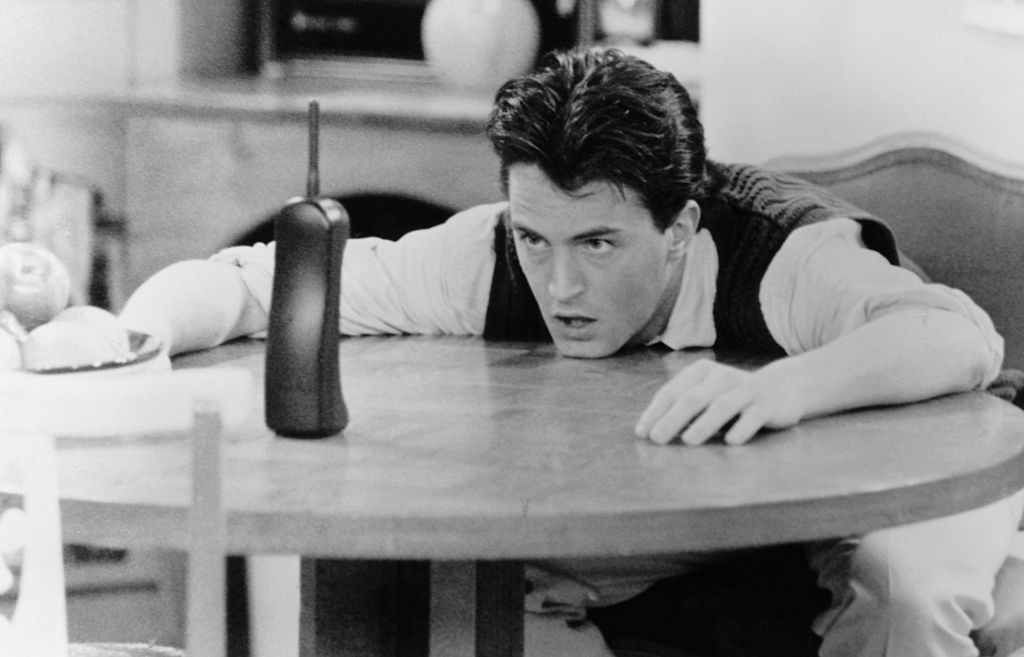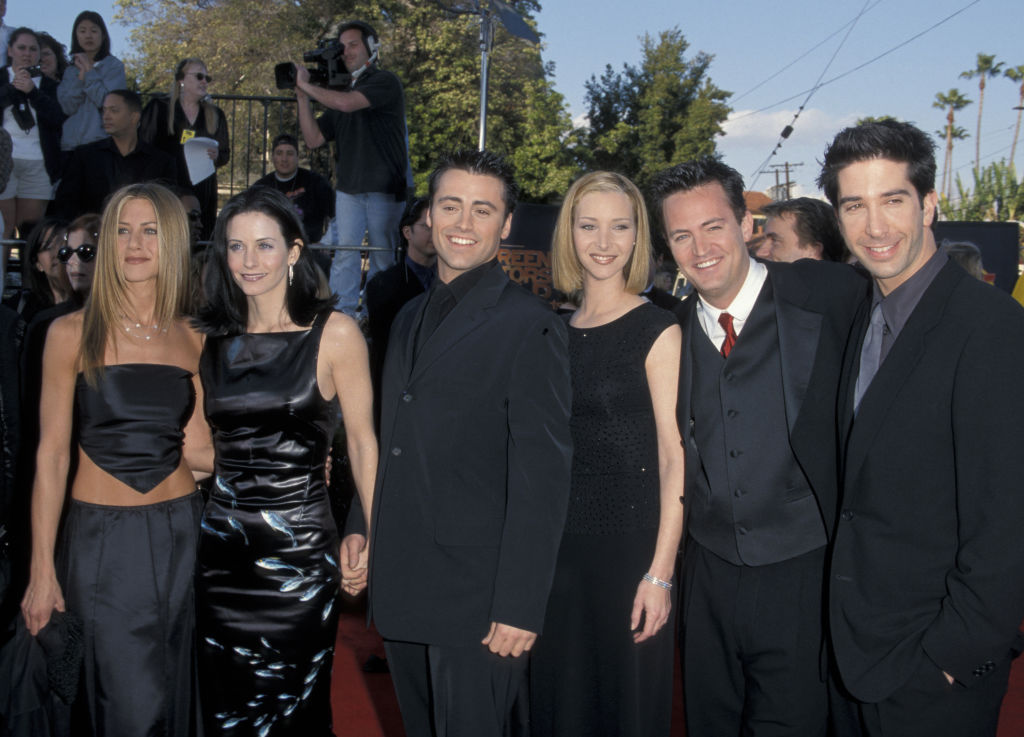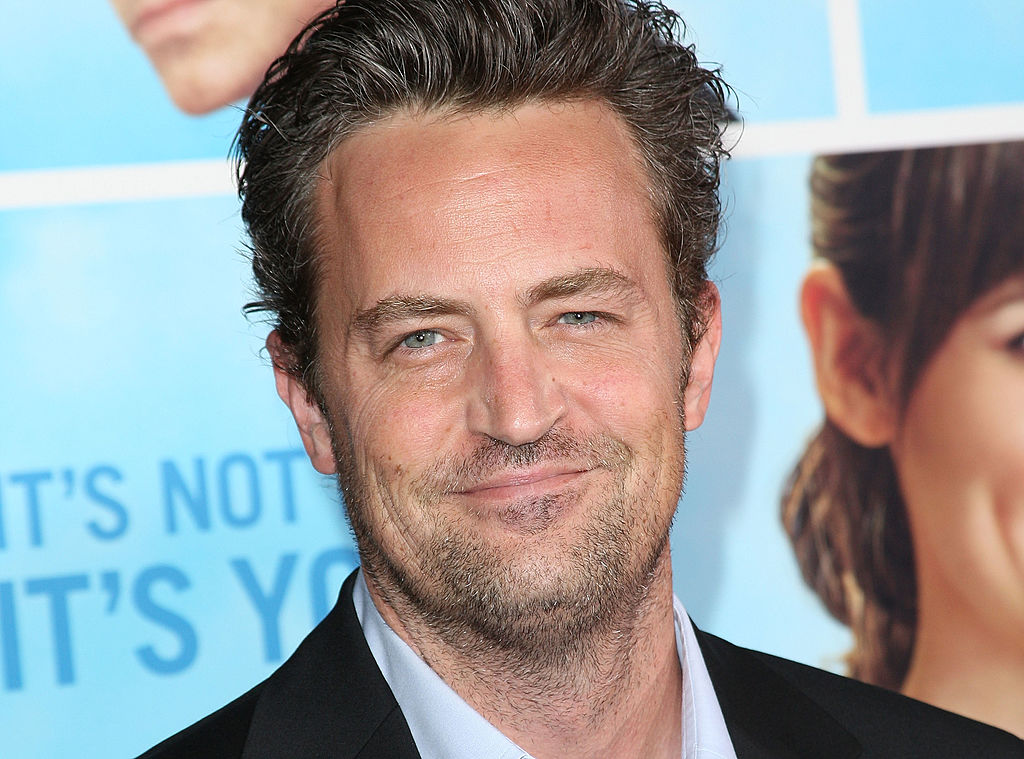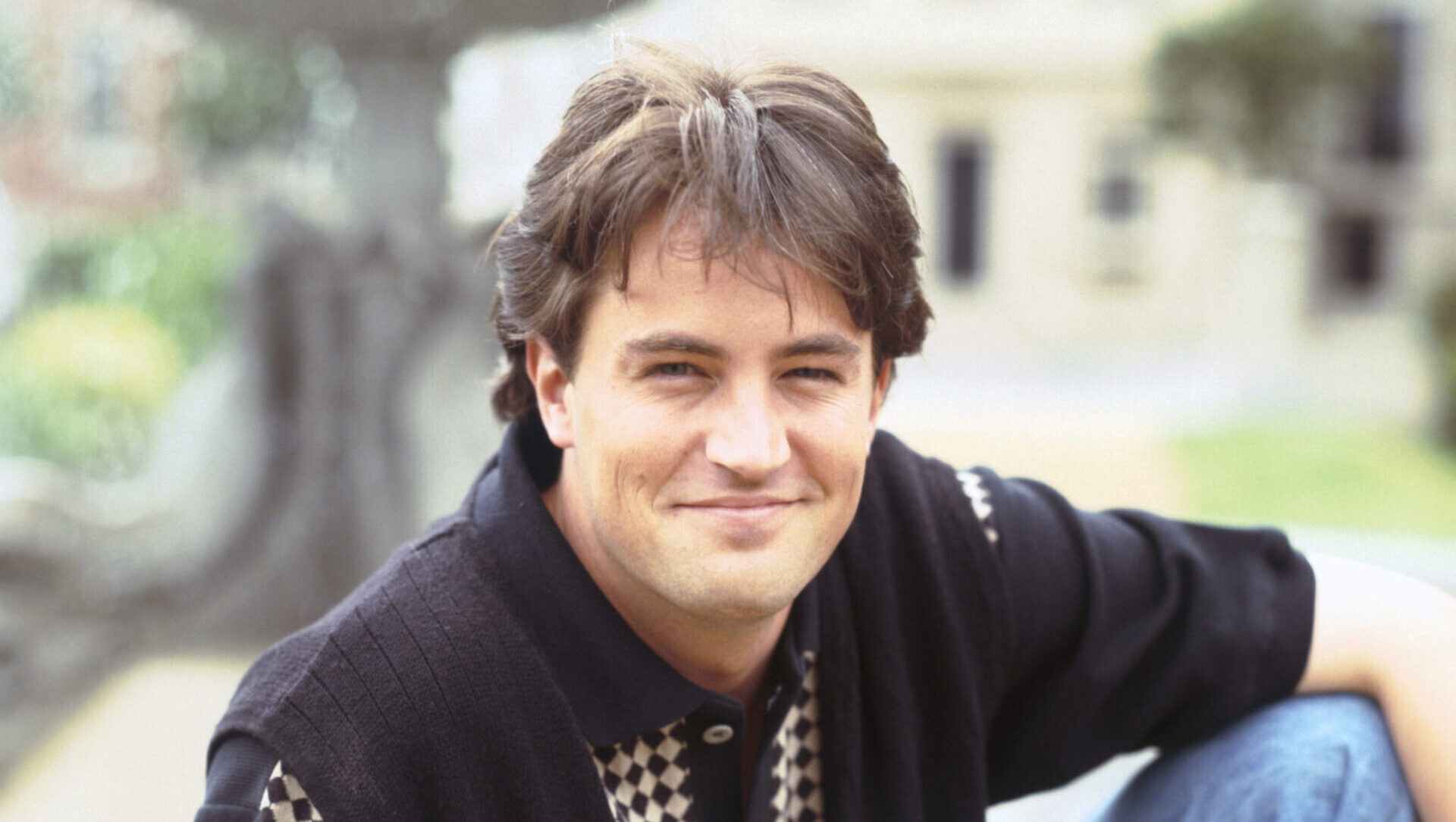“It is very odd to live in a world where, if you died, it would shock people but surprise no one.” “Matthew Perry wrote these words in his 2022 memoir Friends, Lovers and the Big Terrible Thing. As soon as news of his death broke, there was a collective sentiment online of disbelief coupled with grief over losing someone we felt we knew really well. This parasocial relationship, for many fans, extended nearly 30 years, but this feeling we had lost one of our closest friends wasn’t only because we had each watched Matthew play Chandler Bing on our screens for hundreds (possibly thousands) of hours. For many, it was his openness and vulnerability in sharing his struggle with his decades long addiction that created the one-sided bond.
On paper, Matthew isn’t the underdog you might typically root for. He came from a well-off upbringing. His mother served as Press Secretary for then Prime Minister Pierre Trudeau, and Matthew went to grade school with the now current Prime Minister Justin Trudeau (who Matthew may or may not have beat up in the fifth grade). And by high school, he was being regularly cast in successful TV shows in guest appearances and series regular.

When the 1994 pilot season came around, and Matthew read the script for a show called Friends Like Us (which would eventually just be called Friends), he knew this role was made for him. But in a cruel twist, the role was offered to one of his best friends, Craig Bierko. Matthew was distraught but told his friend, who had also been offered a competing role on another show, that he should take the better role on Friends. For reasons unknown, Bierko chose the other role. Matthew got the role of Chandler, became famous, and Bierko didn’t talk to Matthew for two years after that. The irony of losing one of your best friends over a show about best friends.
Friends cast an ensemble of characters, each who had a personality type that viewers may relate to more than another. Chandler Bing appealed to those who are slightly insecure but use humor and sarcasm to hide it; those with a bit of anxious, sometimes neurotic, energy.

Matthew’s Chandler Bing was a fixture in our lives for nearly a decade. His character in Friends was so iconic because Perry’s delivery of punctuated words and comedic timing was so unique. It was a style he carried over to other roles as well, and is what made him so memorable. It’s also what makes it hard to separate the character from the man. Chandler taught us some important life lessons, like what a real “bromance” looks like and what a growth from an immature commitment-phobe to a loving partner can look like. We rooted for both Chandler’s and Matthew’s wins because of the way they had crept into our lives over time.
When Matthew wrote in his memoir that his death would be a shock to no one, he was not naive. He was clearly aware that people might assume he had suffered a setback in his lifelong journey of overcoming drug and alcohol addiction. In the prologue, Matthew writes, “My friends call me Matty and I should be dead. And if you’d like, you can consider what you’re about to hear to be a message from the beyond. My beyond.”
In dealing with his very real life and death struggles, Matthew became wildly transparent and honest, strengthened his relationship with God, and, it seems, found his purpose in life. Matthew had been to the other side and back and wanted to use his life and experience to help others. His story served as inspiration and hope for those out there also wanting, or working on, sobriety, and he said helping others had become the answer for him.

In an interview with Tom Powers in 2022 he said, “I’ve had a lot of ups and downs in life. I’m still working through it personally, but the best thing about me is that if an alcoholic or drug addict comes up to me and says, ‘Will you help me?’ I will always say, ‘Yes, I know how to do that…’ When I die, I don’t want Friends to be the first thing that’s mentioned, I want that to be the first thing that’s mentioned, and I’m going to live the rest of my life proving that.”
Matthew will always be remembered for Friends, and had he died before realizing his purpose, perhaps that is all he would be remembered for. But the lives he touched, the lives he changed, and especially the lives he may have saved, simply for telling his story, are now also a part of his legacy.



















































